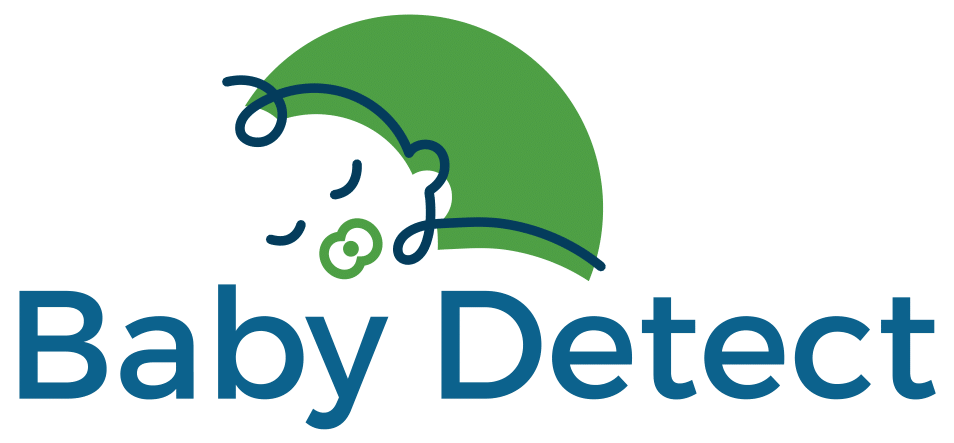CPT2 gene
Also known as: CPT2; CPT2 deficiency; CPTII neonatal form; CPTII infantile severe form; CPTII myopathic form
OMIM#600649 https://omim.org/entry/600649
1. The disease:
Carnitine palmitoyltransferase II (CPT II) deficiency is a disorder of long-chain fatty-acid oxidation. The three clinical presentations are lethal neonatal form, severe infantile hepatocardiomuscular form, and myopathic form (which is usually mild and can manifest from infancy to adulthood). While the former two are severe multisystemic diseases characterized by liver failure with hypoketotic hypoglycemia, cardiomyopathy, seizures, and early death, the latter is characterized by exercise-induced muscle pain and weakness, sometimes associated with myoglobinuria. The myopathic form of CPT II deficiency is the most common disorder of lipid metabolism affecting skeletal muscle and the most frequent cause of hereditary myoglobinuria. Males are more likely to be affected than females. Lack of early signs or symptoms does not exclude the diagnosis.
2. The symptoms:
there are three different clinical presentations in CPT2 deficiency.
- Lethal neonatal form: presents within days after birth. Clinical presentation can be:
- Episodes of liver failure with hypoketotic hypoglycaemia
- Cardiomyopathy
- Cardiac arrhythmias
- Seizures and coma after fasting or infection
- Facial abnormalities or structural malformations (e.g., cystic renal dysplasia, neuronal migration defects or brain dysgenisis)
- Severe infantile hepatocardiomuscular form: presents in the first year of life as:
- Liver failure
- Cardiomyopathy
- Seizures
- Hypoketotic hypoglycemia
- Peripheral myopathy
- Attacks of abdominal pain and headache
- Myopathic form: can appear in the 1st to 6th decade as:
- Recurrent attacks of myalgia accompanied by myoglobinuria precipitated by prolonged exercise (especially after fasting), cold exposure or stress
- Possible weakness during attacks
- Usually no signs of myopathy (weakness, myalgia, elevation of serum creatine kinase [CK] concentration) between attacks
3. Actions to take in case of early diagnosis
- Infants with a positive genetic test (having 2 pathogenic variants or 2 copies of a single pathogenic variant in the gene CPT2) should continue breastfeeding and avoid baby formulas and fasting. Early treatment is essential in preventing chronic symptoms.
- Biochemical correlation is essential for confirming diagnosis with plasma acylcarnitines profile. Biochemical NBS with tandem mass spectrometry can also help.
- CPTII is a lifelong disease that requires lifetime management and regular follow-up with a metabolic physician and dietician, a part from a multidisciplinary approach to care.
- Genetic counseling is highly recommended for family planning and evaluation of at-risk family members such as siblings.
4. For more information
Biblio: 1. Wieser T. Carnitine Palmitoyltransferase II Deficiency. In: Adam MP, Everman DB, Mirzaa GM, et al., eds. GeneReviews(®). Seattle (WA): University of Washington, Seattle. (https://www.ncbi.nlm.nih.gov/books/NBK1253/)
